T-Mobile and Verizon customers thinking of leaving must choose carefully
Independent MVNOs are facing competition from MVNOs bought by AT&T, T-Mobile, and Verizon.

If you are an AT&T, T-Mobile, or Verizon customer and thinking of switching providers, you should research your options before leaving.
Customers dissatisfied with their providers sometimes end up choosing a Mobile Virtual Network Operator (MVNO). An MVNO is a company that doesn't have its own infrastructure and relies on network operators to provide connectivity services.
Some popular MVNOs are owned by the Big 3, which is why you might want to avoid them. The acquisition of MVNOs by telecom companies is also making things harder for smaller MVNOs.
For instance, MobileX, an MVNO that relies on Verizon, recently told Fierce Wireless that competition is intensifying because of consolidation in the prepaid market. The company gained 30,000 new subscribers in April but CEO Peter Adderton is finding it challenging to keep the momentum going as an independent MVNO.
This means that in essence, many MVNOs are competing with the powerful companies that bought these MVNOs. Mobile network operators can pour in more resources than smaller competitors, making it difficult for them to keep up.
This is one of the reasons why public advocacy groups are often against the acquisition of companies by bigger competitors. It's believed that everyone ends up worse off except, of course, the company that buys a rival.
Chiefly due to a string of price increases, customers are gravitating toward other options. This explains why Charter outdid AT&T, T-Mobile, and Verizon in Q1 in terms of customer growth.
MobileX may not have T-Mobile and Verizon's resources, but it has several tricks up its sleeve to attract customers. The most interesting of these is perhaps its use of AI to gauge how much data a customer needs so they don't overspend on unlimited data.
The company hasn't revealed how many customers it has but it did say that the churn—number of customers lost—is 1 percent, well below the prepaid industry's average of 4 percent.
Customers dissatisfied with their providers sometimes end up choosing a Mobile Virtual Network Operator (MVNO). An MVNO is a company that doesn't have its own infrastructure and relies on network operators to provide connectivity services.
For instance, MobileX, an MVNO that relies on Verizon, recently told Fierce Wireless that competition is intensifying because of consolidation in the prepaid market. The company gained 30,000 new subscribers in April but CEO Peter Adderton is finding it challenging to keep the momentum going as an independent MVNO.
In April 2024, T-Mobile purchased Ka’ena, owner of MVNOs Mint Mobile and Ultra Mobile. In 2021, Verizon scooped up TracFone. Before that, way back in 2014, AT&T bought Cricket Wireless.
This means that in essence, many MVNOs are competing with the powerful companies that bought these MVNOs. Mobile network operators can pour in more resources than smaller competitors, making it difficult for them to keep up.
I get up every day and I'm not fighting the old MVNOs because they're all gone. I'm now basically fighting a Verizon or a T-Mobile or an AT&T branded company.
—Peter Adderton, MobileX CEO, May 2025
MobileX may not have T-Mobile and Verizon's resources, but it has several tricks up its sleeve to attract customers. The most interesting of these is perhaps its use of AI to gauge how much data a customer needs so they don't overspend on unlimited data.
The company hasn't revealed how many customers it has but it did say that the churn—number of customers lost—is 1 percent, well below the prepaid industry's average of 4 percent.
Follow us on Google News



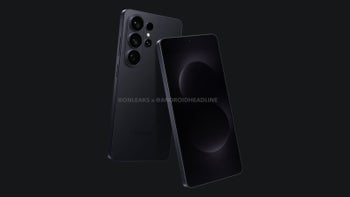
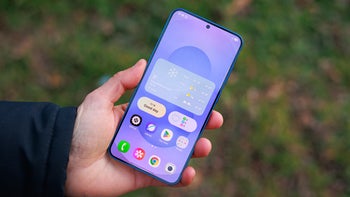


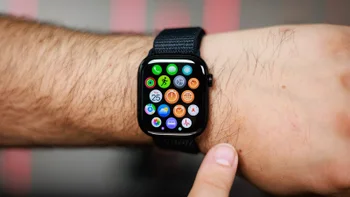
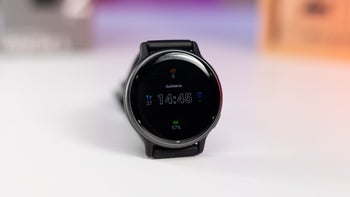
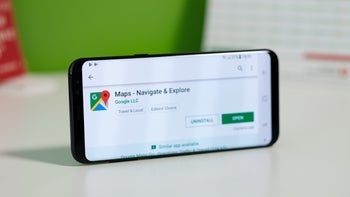


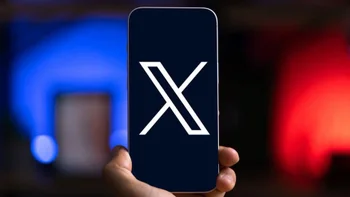
Things that are NOT allowed:
To help keep our community safe and free from spam, we apply temporary limits to newly created accounts: